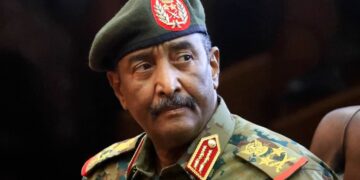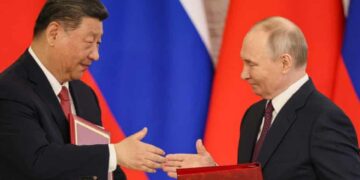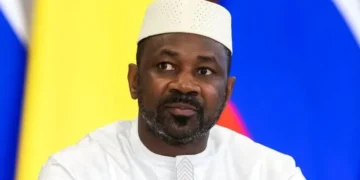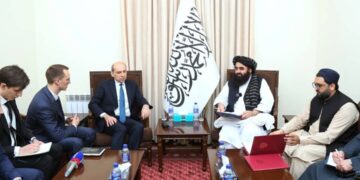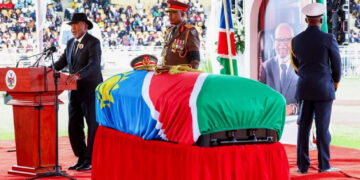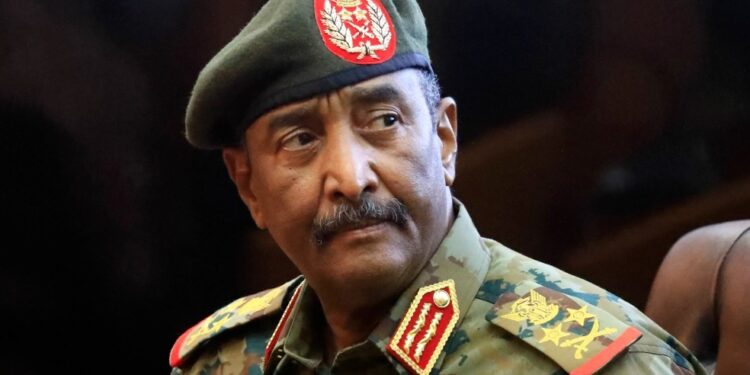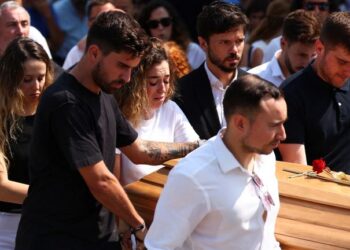By John Ikani
Sudan’s Armed Forces Chief, Gen Abdel Fattah al-Burhan, has defended the military’s seizure of power, saying he dissolved the Government to avoid civil war.
He added that the deposed Prime Minister Abdalla Hamdok was being kept at the general’s house “for his own safety”, but has now returned home.
Civilian leaders and their military counterparts have been at odds since long-time ruler Omar al-Bashir was overthrown in 2019.
A power-sharing agreement between civilian and military leaders was designed to steer Sudan towards democracy but has proven fragile with a number of previous coup attempts, the last just over a month ago.
Speaking at his first news conference since announcing the takeover, General Abdel Fattah al-Burhan said on Tuesday that the army had no choice but to sideline politicians who were inciting against the armed forces.
The military takeover on Monday brought a halt to Sudan’s transition to democracy, two years after a popular uprising toppled longtime leader Omar al-Bashir.
The general said he had dissolved civilian rule, arrested political leaders, and called a state of emergency as political groups had been inciting civilians against the security forces.
“The dangers we witnessed last week could have led the country into civil war,” al-Burhan said, an apparent reference to demonstrations against the prospect of a coup.
“The prime minister was at his house but we feared that he will be harmed,” he added.
“I was with him last night… and he is going about his life… he will return to his home when the crisis is over and all threats are gone.”
Al-Burhan has said the military’s action did not amount to a coup.
“We only wanted to correct the course to a transition,” he said. “We had promised the people of Sudan and the entire world. We will protect this transition.”
He said a new government would be formed that would contain no typical politicians.
Meanwhile, the takeover has drawn global condemnation. The US, the UK, EU, UN and African Union, of which Sudan is a member, have all demanded the immediate release of all arrested political leaders which includes members of Mr Hamdok’s cabinet.
Protests and demonstrations against the takeover continued for a second day in the capital, Khartoum, with roads, bridges and shops closed. Phone and internet lines are also disrupted.
A group of neighbourhood resistance committees in Khartoum announced a schedule of further barricades and protests leading to what it said would be a “march of millions” on Saturday.
